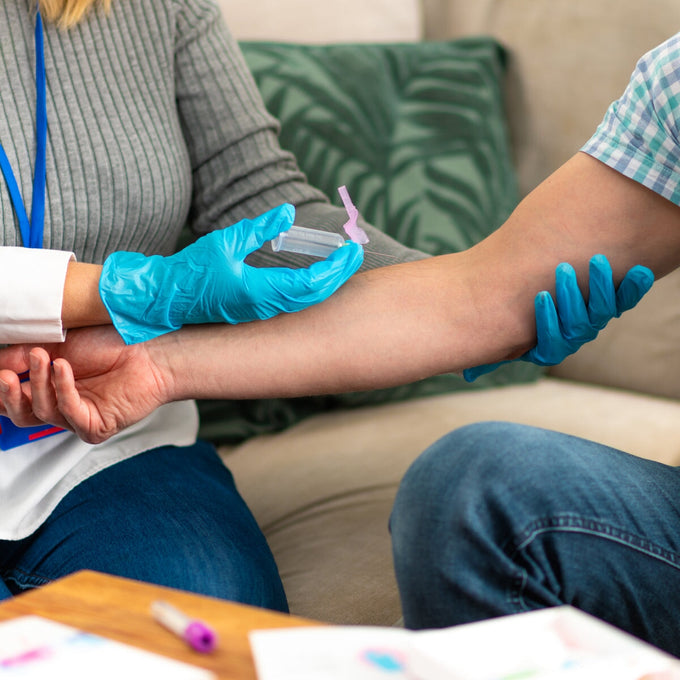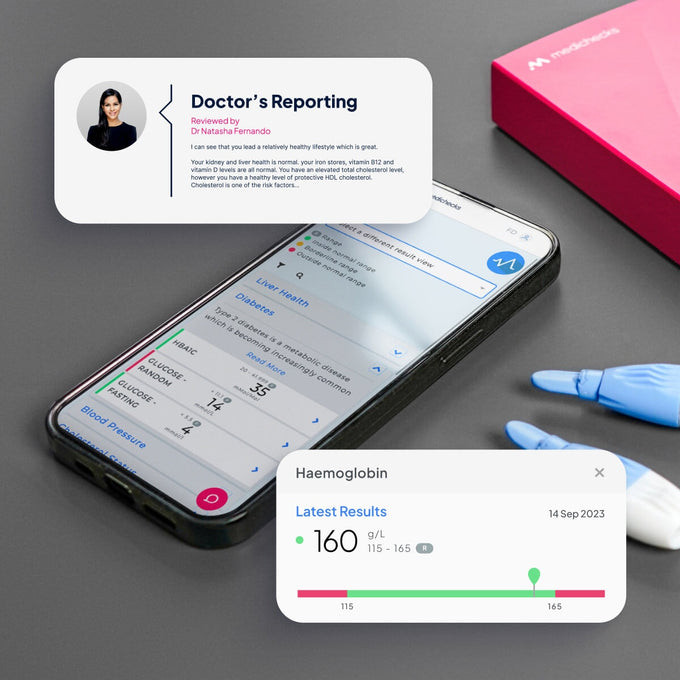Cytomegalovirus IgG and IgM Antibodies Blood Test, from our experts to you.
Dr Sam Rodgers MBBS, MRCGPChief Medical Officer

What is cytomegalovirus?
Cytomegalovirus (CMV) is a common human virus thought to affect over 50% of the population. It is common in childhood, and most people are unaware they have it. CMV is mainly spread through close contact with someone who already has the virus and is usually passed on through body fluids, including saliva, blood, and urine. Once you are infected, the virus will remain with you for the rest of your life but will usually be inactive. However, it can recur, especially in people with a weakened immune system. Some people may experience flu-like symptoms, but usually, the virus presents with no symptoms.
Are pregnant women at risk of CMV?
A pregnant woman with a current infection can pass CMV to her unborn baby. Most infected newborns will have no symptoms at birth. In some cases, symptoms will appear over the next several years. These include developmental and vision or hearing problems.
What can I learn from this test?
Our test measures levels of IgG and IgM-antibodies to rule out or confirm a current or past infection with cytomegalovirus.




